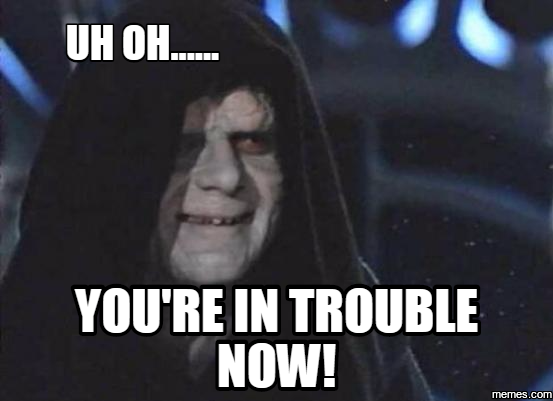Hi folks,
The other night I went to a concert with some friends (or a “show” for you cool kids out there).

On the way to the show, a friend reminded me that I had actually seen the headline band as an opening act nearly 15 years ago. I had forgotten, but as I dug into my faded memory, I recalled very positive feelings and impressions from way back when. I was looking forward to another great experience. Sadly, it wasn’t meant to be. The band’s style had changed over the years, and I wasn’t a fan of their new music. Plus, I may be a bit less easily impressed in my old age…
When it was over, I was chatting with my friend about our impressions of what we just saw. I told him that I didn’t enjoy it nearly as much as I did 15 years ago.
-
- Friend: What?! You didn’t even remember seeing them until I reminded you. How could you possibly compare the two experiences given your lackluster memory?
- Me: Yeah, but I remember how I felt 15 years ago – I felt impressed and like I had just witnessed something new. I didn’t get that tonight.
- Friend: You’re an idiot.
He may be right, but I stand by my assessment. The whole interaction reminded me of a great Maya Angelou quote:

Which, apparently, she never said and is misattributed to her. But it sounds like something she’d say and it’s a good quote, so why waste the attribution on some random dude instead of an authority on life like Maya Angelou?
Anyhow, the quote is powerful in its message. As time goes on, our everyday words and deeds may fade, but the way we made each other feel will remain with us until the end. Getting that finding closed, fixing that broken data source, implementing that new program – that’s all super important. But the core of what we do is service. Service to our country, service to our stakeholders, and service to each other. And if we can only get those important things done at the expense of our relationships with each other, then we’ve failed the big picture.
So in this season of thanksgiving, peace, and reflection, I hope we leave each other with feelings of appreciation, compassion, and camaraderie. We’re all in this together doing the best we can to serve a greater good. Thanks for everything you do.
Rex







